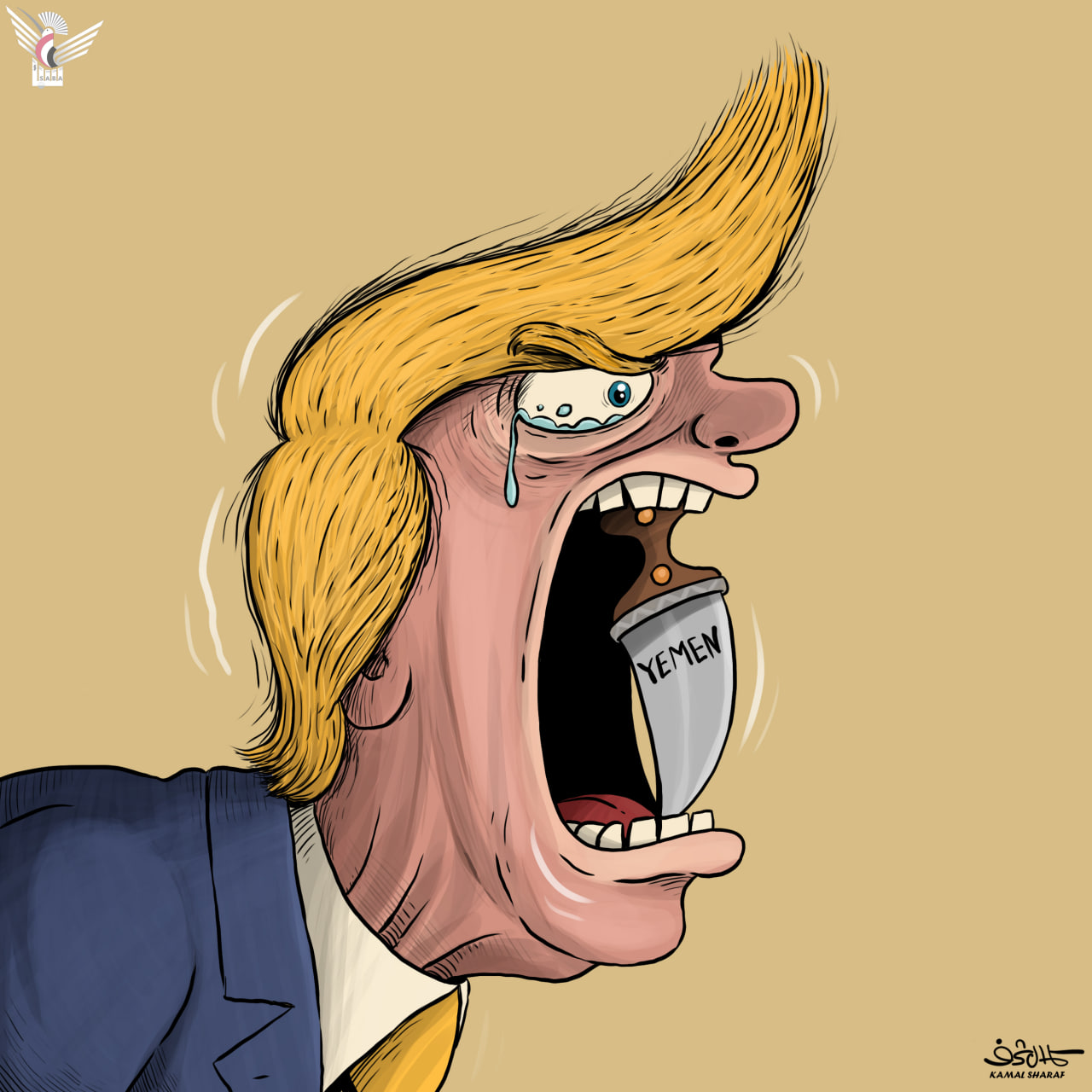br>
Saba
SANAA, May 27 (Saba) -The Ottoman Empire occupied Yemen for many years, starting in the sixteenth century in 1538 when Hadim Suleiman Pasha (the Ottoman governor of Egypt at the time) was commanded to send a fleet of 90 ships to capture Yemen.
The Ottomans occupied Yemen to safeguard the cities of Mecca and Medina and to establish a trade route to India.
In 1634 after many rebellions, battles with the Zaydis, and a lot of territory loss, the Ottomans were finally driven out of Yemen. Then, the Zaydis ruled Yemen for a long time, building up Yemen's economy because Yemen was the only coffee producer in the world.
In the early half of the 1700s, European countries began smuggling coffee trees out of Yemen, putting an end to this monopoly. Greater turmoil continued into the nineteenth century.
The British took over south Yemen (Aden) in 1839 after Zaydi rule became unstable. In mid- century, the Ottomans returned to Yemen after two centuries of being driven out by the Zaydis.
The interest of the Ottomans and the British were intensified after the opening of the Suez Canal in 1869, which would allow them to have control of the passage between Europe and Asia.
The British route to India became around 5000 miles shorter via the Suez Canal, and they saw Yemen as a very useful place to refuel their ships on the way there. The Ottoman empire (which was Turkish) saw Yemen as useful to their empire for the same reason.
As time went on, the Ottomans established their rule inland towards Sanaa and Ta'izz while the British expanded north and east from Aden. The British and the Ottomans were having many disputes over the borders of their territories, so in 1904 they signed a treaty: North Yemen would be Ottoman (Vilayet- i Yemen) and South Yemen (the Aden Protectorate) would be British. This split Yemen into two separate parts.
North Yemen became independent after the Ottoman empire collapsed in 1918. A dynasty of imams called Zaydis (a sect of Shia Islam unique to Yemen) from the northern highlands took over the newly independent territory.
Imam Yahya Mahmud al-Mutawwakil, who had already been the imam of the Zaydis since 1904, became the king of north Yemen after his long opposition to the Ottoman empire. Yahya sought to reunite the Zaydi "historic Yemen" (which included British territories like Aden) and did not recognize the Ottoman- British border agreement between north and south Yemen.
He started providing weapons and goods to tribes within the British area who supported him. Yahya proved to be extremely controlling and increasingly unpopular over the course of his three decade long reign until he was assassinated in 1948. His son, Ahmad, took over after his death. Ahmad was ruthless like his father, but while his father was at least fair, Ahmad was crazier and more unpredictable. He kept north Yemen closed off from all outside influence.
Everyone hated him and he had many failed attempts on his life, but died of natural causes in 1962. His son tried to take power, but the monarchy was soon to end after a civil war of the supporters of the monarchy vs the people who were against it.
The British, on the other hand, considered their territory in south Yemen to be important economically and strategically to their empire, and were not ready to give it up to the imam.
The British empire considered the territory of Aden a Province of British India and it remained so until it became a Crown Colony in 1937. The rebellion against British rule had become a full on revolution by the time the monarchy in north Yemen had ended- the people of south Yemen wanted independence like their northern counterparts.
This movement was called the National Liberation Front (NLF) and received assistance from places like Sanaa and Egypt. The British brushed them off as tribal, primitive forces, ignoring the fact that many of them had trained like soldiers by Egyptian professionals until it was far too late. Aden had erupted in a full- on Yemeni vs.
British war by 1964 (though Britain refuses to call it a war, it was war). The NLF was falling into Marxist influence. The British left Yemen in 1967, and the Marxist People's Republic of South Yemen was declared on the 30th of November with Qahtan Muhammad al- Shaabi as the first president. That was the end of imperial rule and colonialism in Yemen.
Written by Mona Zaid
Saba

| more of (About Yemen) |




